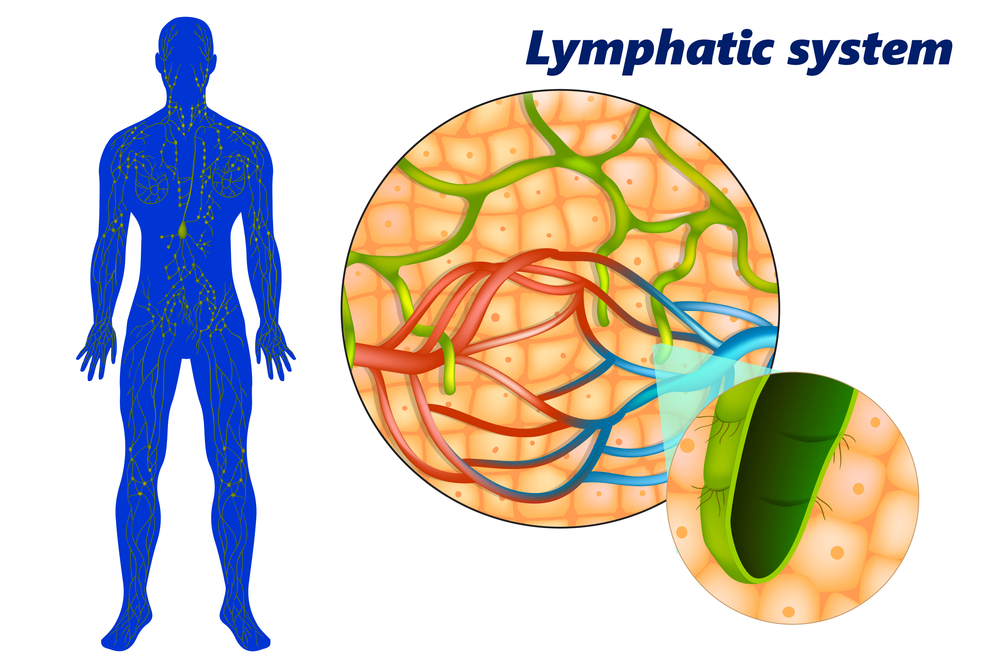- ProfDrNazir
- March 21, 2025
- REGENactive
Activating The Body’s Natural Healing Process: The Science of Lifestyle Medicine
The human body is an extraordinary self-healing system, capable of repairing and regenerating itself when given the right conditions. However, modern lifestyles—characterized by poor nutrition, chronic stress, sleep deprivation, and sedentary habits—have significantly disrupted the body’s innate ability to heal. Scientific research, including studies from Harvard Medical School and other leading institutions, has consistently demonstrated that lifestyle plays a critical role in disease prevention, health restoration, and longevity.
The Harvard Standard: Six Pillars of Lifestyle Medicine
Harvard Medical School and the American College of Lifestyle Medicine advocate for a science-based approach to disease prevention and management. Their framework consists of six essential pillars that support optimal health:

1. Nutrition: Fueling the Body with Healing Foods
Nutrition is the foundation of health. A diet rich in whole, unprocessed, and nutrient-dense foods supports cellular regeneration and immune function. Studies have shown that plant-based diets, Mediterranean diets, and anti-inflammatory foods can significantly lower the risk of chronic diseases, including heart disease, diabetes, and cancer (Harvard T.H. Chan School of Public Health, 2021). Key nutrients such as antioxidants, polyphenols, and omega-3 fatty acids have been shown to promote cellular repair and reduce inflammation.

2. Exercise: Movement as Medicine
Physical activity is not just about maintaining weight; it directly influences metabolic health, circulation, and mental well-being. Regular exercise enhances cardiovascular function, boosts immune responses, and stimulates the production of endorphins—natural chemicals that reduce pain and improve mood. The Centers for Disease Control and Prevention (CDC) reports that just 150 minutes of moderate exercise per week can lower the risk of numerous chronic illnesses, including stroke and certain cancers.

3. Sleep: The Essential Recovery Mechanism
Sleep is one of the most underestimated aspects of health. During deep sleep, the body undergoes vital processes such as detoxification, immune regulation, and tissue repair. Studies published by Harvard Medical School reveal that sleep deprivation is linked to an increased risk of neurodegenerative diseases, obesity, and cardiovascular disorders. Quality sleep enhances cognitive function, hormonal balance, and overall longevity.

4. Stress Management & Mindfulness: Reducing the Silent Killer
Chronic stress is a major contributor to inflammation and disease progression. The body’s stress response, when constantly activated, increases cortisol levels, leading to immune suppression, weight gain, and accelerated aging. Mindfulness practices, such as meditation and deep breathing, have been scientifically proven to reduce stress, improve heart rate variability, and lower blood pressure (Harvard Medical School, 2022).

5. Social Connection: The Power of Community
Strong social relationships have a profound impact on health and longevity. Research from the Harvard Study of Adult Development—one of the longest-running studies on human well-being—concluded that deep, meaningful relationships are among the strongest predictors of a long and healthy life. Social interactions help regulate stress hormones, enhance mental resilience, and promote overall well-being.

6. Behavioral Therapy & Emotional Well-Being: The Science of Happiness
Mental and emotional health is equally crucial as physical health. Developing positive habits, engaging in fulfilling activities, and maintaining a sense of purpose have been associated with lower rates of depression, reduced risk of cognitive decline, and increased lifespan. Studies from the National Institute on Aging suggest that individuals with a positive outlook tend to have better health outcomes, even in the presence of chronic diseases.

The Role of the Lymphatic System in Healing
It is not enough to simply consume the right nutrients; the body must also be able to absorb and distribute them effectively. The lymphatic system, a critical yet often overlooked component of health, plays a vital role in detoxification and immune defense. It acts as a transport network, moving essential nutrients to cells while eliminating metabolic waste. Dysfunction of the lymphatic system has been linked to inflammatory diseases, cancer progression, and immune deficiencies.
REGENactive Therapy: Advancing the Science of Regenerative Medicine
REGENactive Therapy, pioneered by Professor Dr. Md. Bipul Nazir, is an advanced wellness protocol designed to enhance the body’s regenerative capacity. By focusing on vagus nerve optimization, lymphatic activation, and cellular rejuvenation, this therapy aims to reverse the damage caused by lifestyle diseases. The vagus nerve, a key regulator of the parasympathetic nervous system, plays a crucial role in gut health, inflammation control, and brain function. Studies have shown that vagus nerve stimulation can improve digestion, lower inflammation, and enhance neurological health (Harvard Medical School, 2021).
REGENactive Therapy integrates the latest advancements in regenerative medicine, combining personalized health assessments, non-invasive therapeutic interventions, and lifestyle modifications to achieve long-term wellness. With over 6,750 successful cases, this evidence-based approach has been internationally recognized for its effectiveness in managing chronic conditions, including cancer recovery support, gastrointestinal disorders, autoimmune diseases, and neurodegenerative conditions.
The Future of Health: A Proactive Approach
The future of healthcare lies in prevention and proactive intervention. Instead of waiting for disease to manifest, individuals must take an active role in optimizing their health through lifestyle medicine, personalized therapies, and regenerative approaches. Institutions such as Harvard Medical School, the Global Institute for Leadership & Management Singapore (GILMS), and leading wellness research centers have validated the impact of these strategies on increasing lifespan and enhancing quality of life.
By integrating scientific advancements with holistic wellness principles, we can redefine healthcare, prevent disease at its root cause, and enable individuals to live healthier, longer, and more fulfilling lives.
References
- Harvard T.H. Chan School of Public Health. (2021). “Nutrition and Chronic Disease Prevention.”
- Harvard Medical School. (2022). “The Science of Mindfulness: How Meditation Supports Health and Well-being.”
- National Institute on Aging. (2021). “The Impact of Social Relationships on Health and Longevity.”




